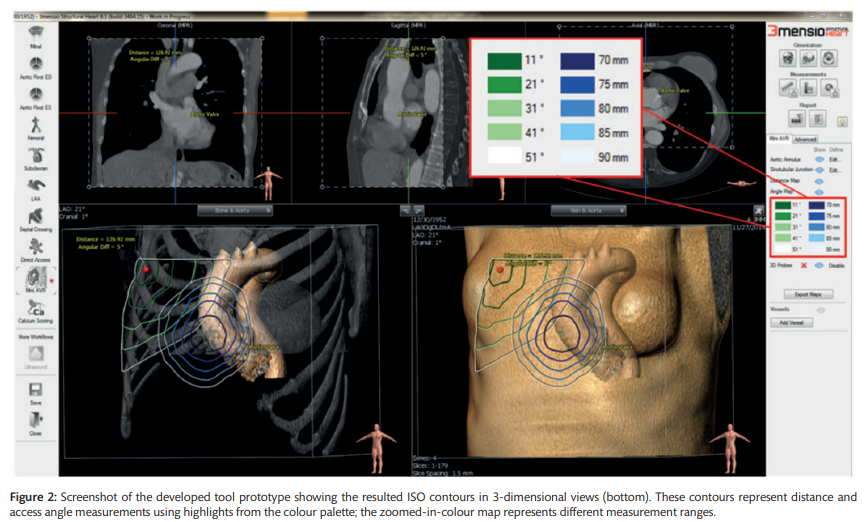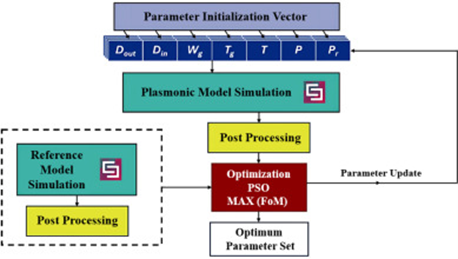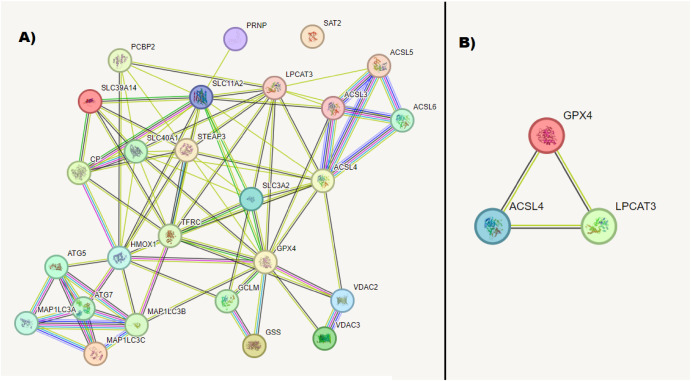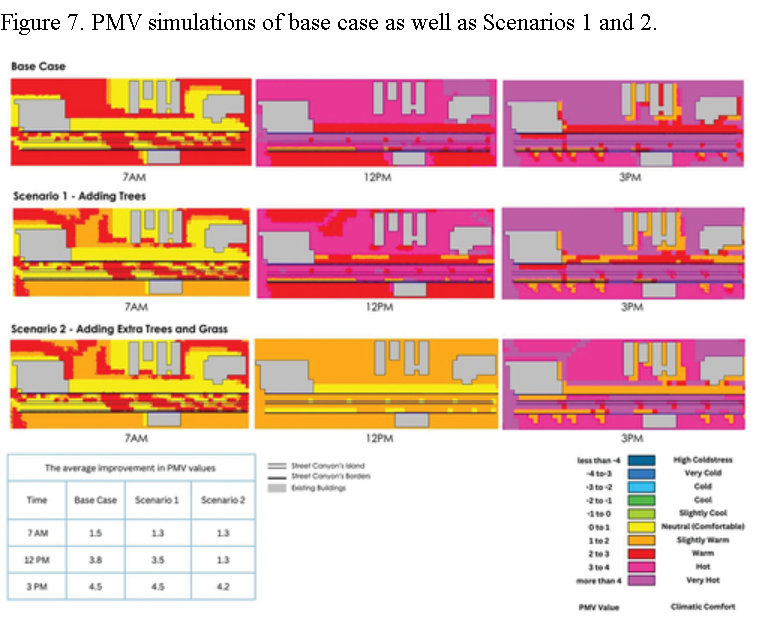

A computed tomography-based planning tool for predicting difficulty of minimally invasive aortic valve replacement
OBJECTIVES Minimally invasive aortic valve replacement has proven its value over the last decade by its significant advancement and reduction in mortality, morbidity and admission time. However, minimally invasive aortic valve replacement is associated with some on-site difficulties such as limited aortic annulus exposure. Currently, computed tomography scans are used to evaluate the anatomical relationship among the intercostal spaces, ascending aorta and aortic valve prior to surgery. We hypothesized that quantitative measurements of access distance and access angle are associated with outcome and access difficulty. METHODS We introduce a novel minimally invasive aortic valve replacement planning prototype that allows automatic measurements of access angle, access distance and aortic annulus dimensions. The prototype visualizes these measurements on the chest cage as ISO contours. The association of these measures with outcome parameters such as extracorporeal circulation time, aortic cross-clamping time and access difficulty score was assessed. We included 14 patients who received a new valve by ministernotomy. RESULTS The mean access angle was 40.3 ± 5.1°. It was strongly associated with aortic cross-clamping time (Pearson correlation coefficient = 0.60, P = 0.02) and access difficulty score (Spearman's rank correlation coefficient = 0.57, P = 0.03). Access angles were significantly different between easy and difficult access groups (P = 0.03). There was no significant association between access distance and outcome parameters. CONCLUSIONS Access angle is strongly associated with procedure complexity. The automated presentation of this measure suggests added value of the prototype in clinical practice. © The Author(s) 2018. Published by Oxford University Press on behalf of the European Association for Cardio-Thoracic Surgery. All rights reserved.



